Digging Deeper: Attracting and Retaining Groundwater Hydrogeologists in WA
In Western Australia, groundwater is a big deal. It underpins mining operations, supports agriculture, and sustains communities — especially in remote regions where surface water is scarce. But while demand for skilled hydrogeologists continues to grow, the talent pool isn’t keeping up.
Whether you’re a mining company, consultancy, or government agency, chances are you’ve felt the squeeze when trying to hire experienced groundwater professionals. Here’s a closer look at what’s driving the shortage — and what you can do to stay competitive.
Why It’s So Hard to Find Hydrogeologists Right Now
There’s no single reason behind the talent gap — it’s more of a perfect storm:
- Reduced graduate numbers: Fewer students are pursuing geoscience degrees, and even fewer specialise in hydrogeology.
- Boom-and-bust cycles: Hydrogeologists often work on project-based roles. When projects wrap up, people move on — or exit the sector entirely.
- East coast and overseas competition: States like Queensland and NSW are investing heavily in water infrastructure, while international consultancies are headhunting WA-based talent.
- Lack of mid-level candidates: There’s a noticeable gap between juniors and seniors. Those with 3–8 years’ experience are the hardest to find and the quickest to be poached.
What Employers Can Do to Stand Out
If you’re struggling to attract or retain groundwater hydrogeologists, it might be time to rethink your approach.
1. Think Long-Term
Don’t just hire for the project. Offer clear career development opportunities — especially for mid-level professionals. Many hydrogeologists want to grow into project leads, mentors, or technical specialists, but they won’t stay if they can’t see a future.
2. Flexibility Isn’t a Perk — It’s a Priority
Hybrid work, part-time arrangements, or 4-day work weeks are increasingly common requests. And for field-heavy roles, flexibility might mean smarter scheduling, better site rotation, or reduced FIFO time.
3. Back Your Juniors
Can’t find a senior? Start building from the ground up. Support early-career hydrogeologists with solid training, field exposure, and technical mentoring. You'll build loyalty — and capacity — in the long run.
4. Sell the Story
When advertising roles, go beyond the list of duties. Talk about the projects, the challenges, and the purpose behind the work. People want to feel they’re making a difference — especially in water-related roles with environmental or community outcomes.
5. Create a Team People Want to Be Part Of
Culture matters. If your current team is collaborative, low-ego, and genuinely supportive, say so — and prove it during the recruitment process.
The Global Option: Hiring From Overseas
We’re seeing a rise in clients sponsoring overseas hydrogeologists, particularly from:
- South Africa – Strong technical background, often used to arid conditions.
- Eastern Europe – Geotechnical and groundwater skills with solid English.
- South America – Experienced in mining-related hydrogeology and groundwater management.
Sponsorship can be time-consuming, but if you're planning for long-term growth, it's a worthwhile option — especially if you engage a recruiter who knows how to screen for both technical and cultural fit.
How We Help at Gather Recruitment
At Gather, we specialise in recruiting technical professionals across water, environment, mining, and engineering — with a strong track record in hydrogeology.
We can help you:
- Identify what’s holding your vacancy back from attracting applicants
- Reach passive candidates who aren’t actively job-seeking
- Tailor your pitch to the current market and candidate priorities
Sometimes, the right candidate just needs the right nudge — and the right story.
In Summary
Hiring groundwater hydrogeologists in WA isn’t getting easier — but it’s not impossible either. With the right mix of flexibility, career progression, team culture, and market-savvy recruitment, you can still find and keep great people.
Need help recruiting groundwater professionals? Get in touch — we’re here to help you dig a little deeper.




